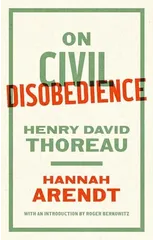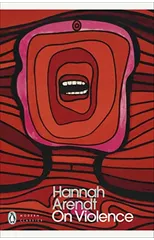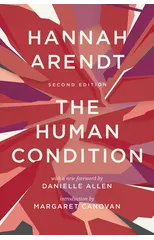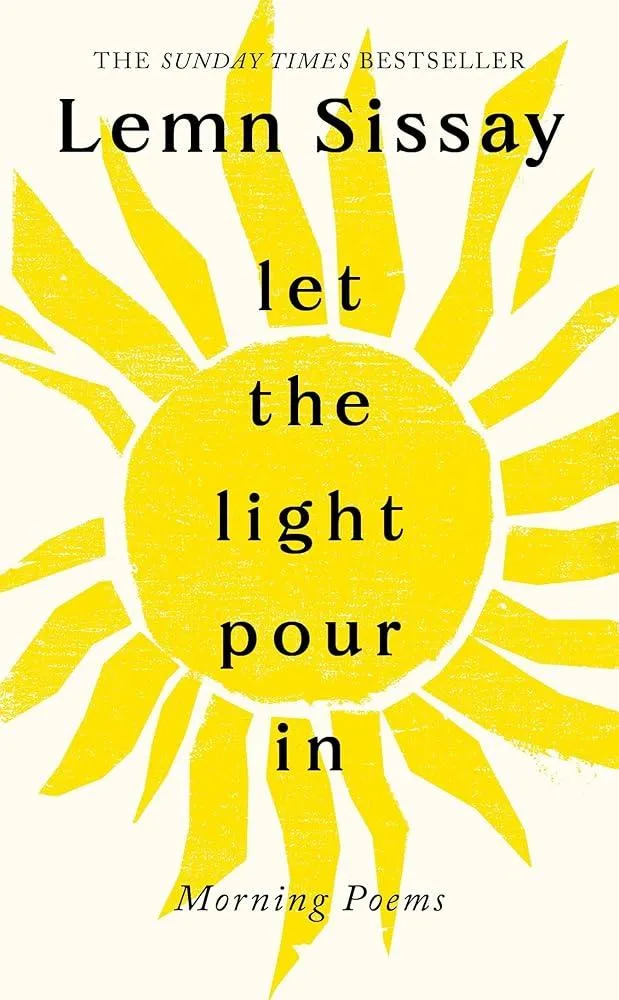What Remains
The Collected Poems of Hannah Arendt
(Autor) Hannah ArendtA landmark literary event, What Remains collects Arendt’s complete poetic oeuvre—never before published in English—into a single edition. The German-Jewish political philosopher Hannah Arendt (1906–1975) is world-renowned for her work on totalitarianism, the human condition, and the banality of evil. Not many people know that she also wrote poems—yet the language of poetry, especially that of Goethe and Schiller, was a banister for Arendt’s thinking throughout much of her adult life. Between 1923 and 1961, Arendt wrote seventy-four poems, many of them acting as signposts in her biography, marking moments of great joy, love, loss, melancholia, and remembrance. Now, for the first time in English, Samantha Rose Hill and Genese Grill present these intensely personal poems in chronological order, taking us from the zenith of the Weimar Republic to the Cold War, and from Marburg, Germany, to New York, New York. A gift to all readers of Arendt, this stunning en face edition provides an unparalleled view into the private life of one of the most definitive thinkers of the twentieth century.
Hannah Arendt
Hannah Arendt (1906-1975) was a German-American political theorist and philosopher known for her groundbreaking works on totalitarianism, authority, and the nature of power. Her most notable works include "The Origins of Totalitarianism" and "The Human Condition." Arendt's writing style is characterized by its clear and precise language, as well as its deep philosophical insights. She is considered one of the most influential political thinkers of the 20th century, and her works continue to be studied and debated in academic circles. Arendt's most famous work, "Eichmann in Jerusalem: A Report on the Banality of Evil," explores the nature of evil and responsibility in the context of the Holocaust. Her contributions to literature have had a lasting impact on the fields of political theory, philosophy, and ethics.












